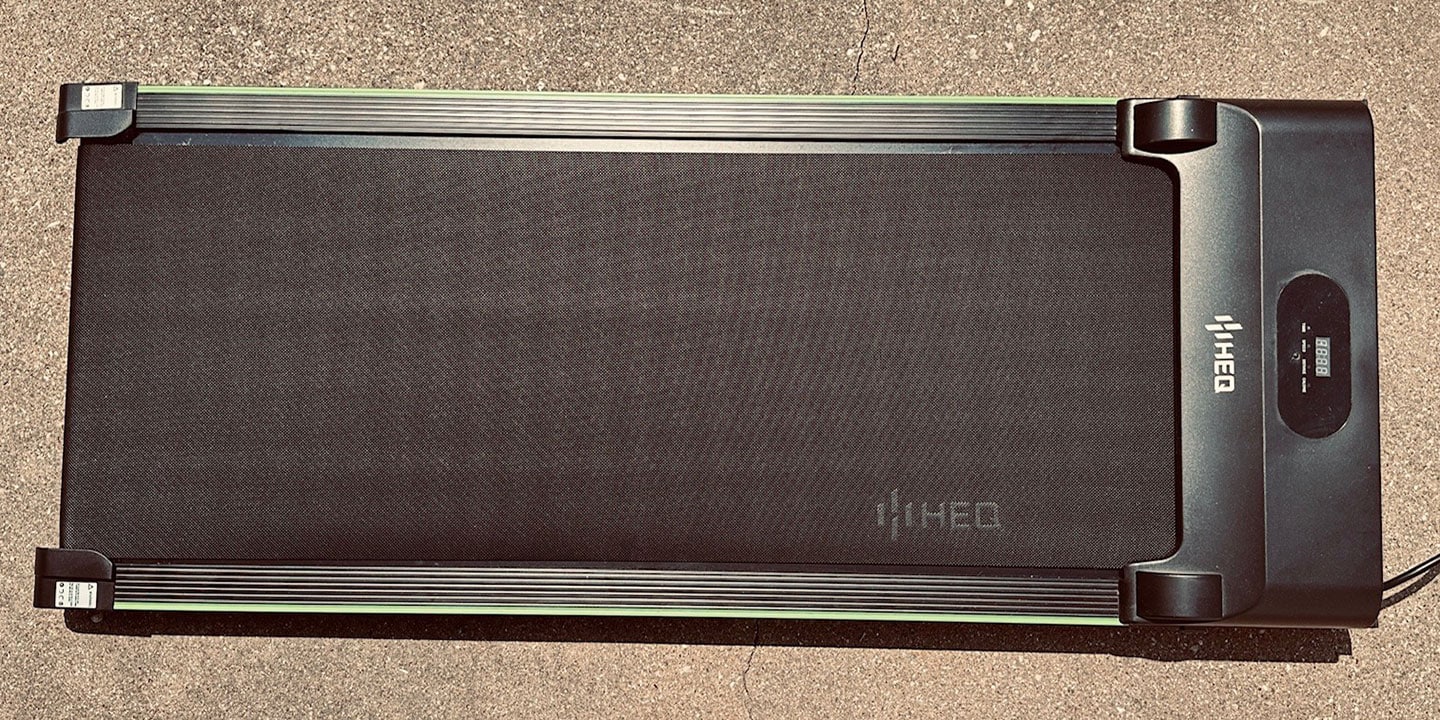
Six Tips to Maintaining a Balanced Diet in College

College life is a whirlwind of academic challenges, social events, and newfound independence. It’s an exciting time, but it also comes with its fair share of stress, especially when it comes to maintaining a healthy lifestyle. For many students, the pressures of tight budgets, busy schedules, and late-night study sessions can make it difficult to eat well and stay energized. The good news? You don’t have to compromise your health just because you're juggling classes, clubs, and work. With a little planning and a few smart strategies, you can maintain a balanced diet that supports both your academic success and personal well-being. Here are six tips to help:
1. Meal Planning on a Budget
Eating healthy in college doesn’t have to mean spending a fortune. With a little planning, you can create nutritious meals that won’t break the bank. The key is buying versatile, affordable ingredients that you can use in multiple dishes.
Budget-Friendly Meal Ideas:
- Rice and Beans: A classic combination that’s both cheap and nutritious. Rice provides carbs for energy, while beans are packed with protein and fiber. You can season them with spices to keep things interesting.
- Stir-Fries: Buy a frozen bag of mixed vegetables, some chicken or tofu, and a bottle of soy sauce. This is a quick, customizable meal that’s full of vitamins and protein.
- Oats: Don’t underestimate the power of a good bowl of oatmeal. It’s inexpensive, filling, and can be flavored with fruit, nuts, or yogurt for extra nutrition.
- Eggs: Eggs are a college student’s best friend. They’re a great source of protein and can be cooked in so many ways—scrambled, boiled, or made into omelets or frittatas with leftover veggies.
Shopping Tips:
- Buy in bulk when possible — things like rice, pasta, and canned goods can last a long time.
- Stick to a grocery list and avoid impulse buys.
- Shop for seasonal produce. Fresh fruits and veggies can be more affordable when they’re in season.
2. Healthy Snacking Tips
When you're running between classes or studying late into the night, it’s easy to reach for unhealthy snacks like chips or candy. However, with a little prep, you can have nutritious options on hand that keep you fueled without the sugar crash.
Nutritious snack ideas:
- Trail Mix: A mix of nuts, seeds, and dried fruit is portable and packed with healthy fats, protein, and fiber. Just be mindful of portions, as it’s calorie-dense.
- Greek Yogurt with Fruit: Greek yogurt is high in protein, and when paired with fresh or frozen fruit, it’s a delicious, nutrient-packed snack.
- Apple with Peanut Butter: A classic combo of fiber and protein that’s satisfying and easy to prepare.
- Hummus and Veggies: Pre-slice carrots, cucumbers, or bell peppers, and pair them with store-bought or homemade hummus for a crunchy, satisfying snack.
Snacking Tips:
- Keep snacks in your backpack or dorm room for when hunger strikes between classes.
- Opt for whole foods (fruits, vegetables, nuts) rather than processed snacks.
- Stay mindful of portion sizes, especially with calorie-dense snacks like nuts or cheese.
3. Time-Saving Hacks: Meal Prep for Busy Schedules
We all know that college students are busy, and finding time to cook can feel impossible. But with a little effort upfront, you can save time during the week and ensure you’re eating healthy meals even when you’re short on time.
Meal Prep Ideas:
- Batch Cook Grains: Cook a big pot of quinoa, rice, or pasta at the start of the week. These can be used in a variety of dishes, like salads, stir-fries, or bowls.
- Prep Veggies: Wash, peel, and chop vegetables ahead of time so they’re ready to be tossed into stir-fries, salads, or roasts.
- Make Overnight Oats: Prepare individual servings of overnight oats in mason jars. These can be customized with fruits, nuts, and yogurt, and are ready to grab and go in the morning.
- Cook Protein in Bulk: Grill or bake a batch of chicken, tofu, or beans to use in wraps, salads, or bowls throughout the week.
Meal Prep Tips:
- Set aside a few hours on the weekend to prep meals and snacks.
- Invest in good-quality containers to store your prepped meals and snacks.
- Make meals that can be easily reheated or eaten cold, like salads or grain bowls.
4. Dining Hall Survival Guide
Many colleges offer dining halls that can make eating on campus more convenient—but with so many options, it can also be hard to make healthy choices. Here’s how to navigate the dining hall and make nutritious decisions.
Dining Hall Tips:
- Fill up on veggies: Look for salad bars or dishes with plenty of vegetables. Fill half your plate with veggies to ensure you’re getting the nutrients you need.
- Go for lean proteins: Choose grilled chicken, fish, or plant-based proteins like beans or tofu over fried options.
- Mind the sauces: Sauces and dressings can be loaded with hidden calories and sugars. Ask for them on the side so you can control how much you use.
- Opt for whole grains: Choose brown rice, quinoa, or whole-wheat bread when possible. These options have more fiber and nutrients than their refined counterparts.
5. The Importance of Hydration
Staying hydrated is crucial to maintaining energy levels, focus, and overall health, especially during long study sessions or after a workout. But it's easy to forget about hydration when you're caught up in the demands of college life.
Hydration Tips:
- Carry a reusable water bottle: Having water on hand at all times can remind you to drink throughout the day. Aim for at least 8 cups of water daily, more if you’re physically active.
- Flavored Water: If plain water feels too boring, try adding slices of fruit like lemon, lime, or cucumber for natural flavor.
- Avoid sugary drinks: While soda, energy drinks, and sweetened coffee drinks are tempting, they can lead to energy crashes and don’t offer much nutritional value.
Other Hydrating Beverages:
- Herbal teas can be a good option for hydration, and they come in a variety of flavors.
- Coconut water is another hydrating option with electrolytes to keep you balanced.
Small Changes, Big Impact
Maintaining a balanced diet in college doesn’t have to be overwhelming or expensive. By planning your meals, making healthy snack choices, and utilizing time-saving hacks, you can stay nourished and energized through even the busiest of semesters. Whether you’re cooking in your dorm kitchen or navigating the dining hall, a little preparation and mindful eating can go a long way in supporting your academic success and overall well-being. By prioritizing your health, you’ll have the energy to not only tackle your assignments but also fully enjoy everything that college life has to offer.
Do you have a compelling story or student success tips you’d like to see published on the Pearson Students blog? If you are a college student and interested in writing for us – click here to pitch your idea and get started!



